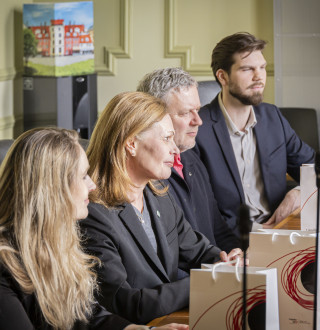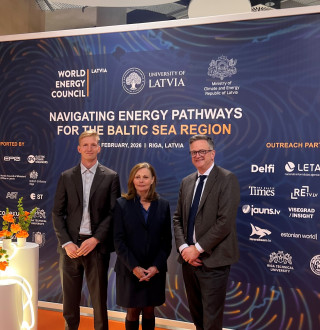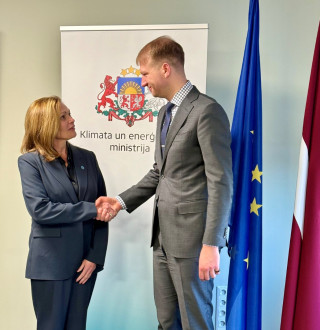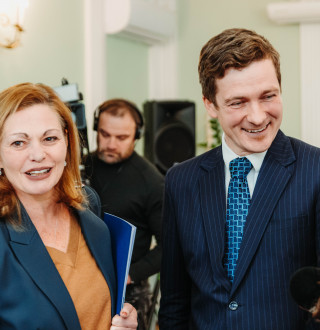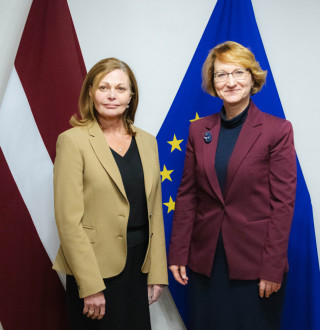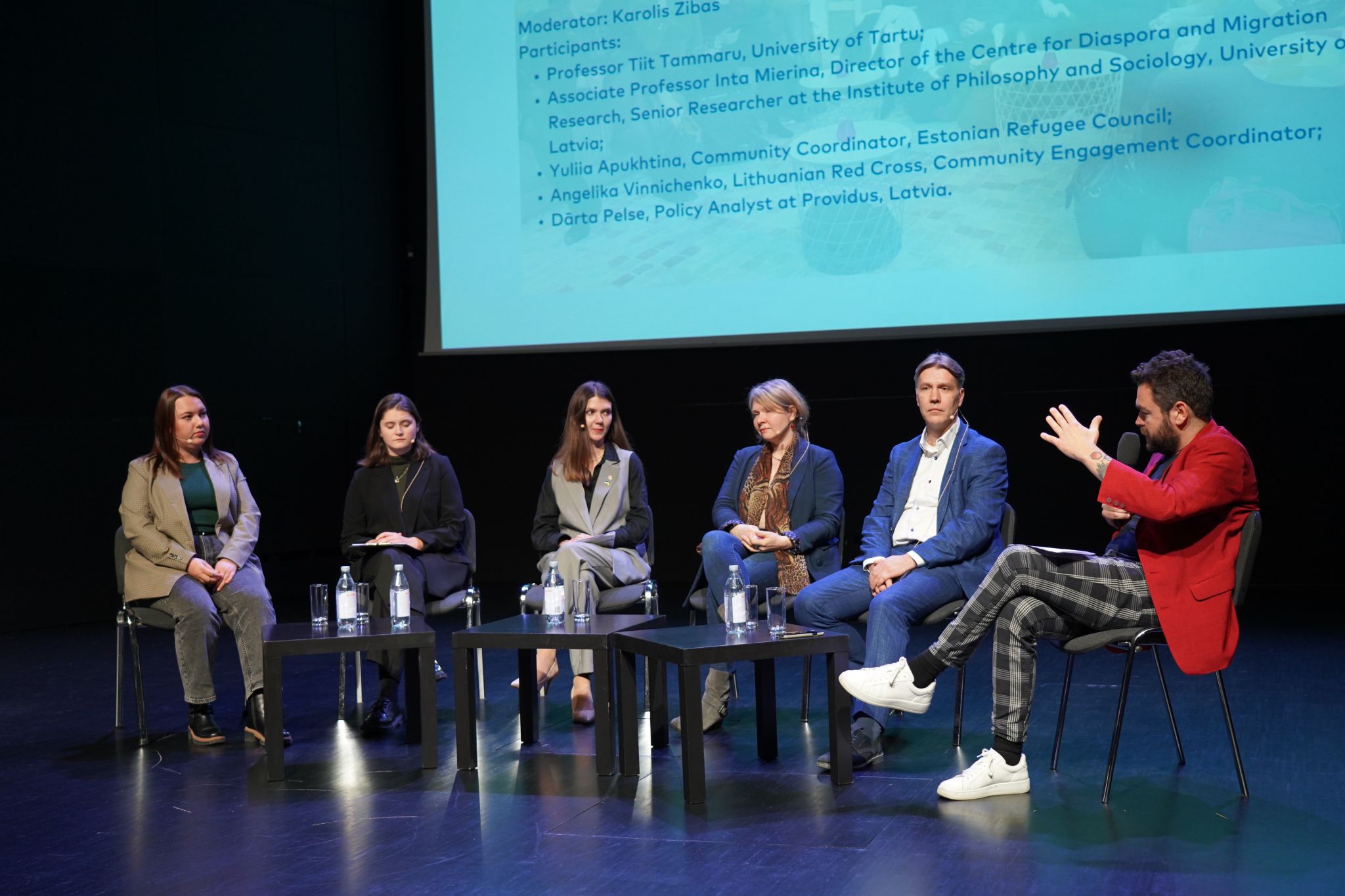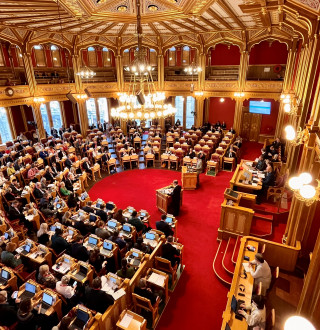On 23 and 24 October, an international seminar and experience exchange conference “The Role of Education in Social Integration” took place in Tallinn within the framework of the Nordic-Baltic Migration and Integration Project FOR-IN. It was attended by representatives from the Nordic and Baltic NGO sector, public administration and educational institutions, sharing best-practice stories, challenges and lessons learned when taking in and striving to integrate Ukrainian civilians.
On the first day, the Centre for Public Policy PROVIDUS and the UN Refugee Agency in the Nordic and Baltic countries held a seminar on the integration of Ukrainian refugees in the Baltic States. The aim of this interactive seminar was to find ways of further cooperation and pinpoint common pressing topics in the field of integration in the Baltic States. Besides exchange of valued experience and knowledge, the event provided an opportunity to build a strong network of professional contacts. The moderator from the Centre for Public Policy PROVIDUS was Dārta Pelse.
Discussion topics
- The role of local governments and NGOs in the development and implementation of migration and integration policy.
- Is there a need for an exchange platform for integration practitioners in the Baltic States?
- Main challenges of integration and inclusion of Ukrainian refugees in the fields of employment, language learning, health care, and education in municipalities.
The conference on 24 October at Kumu Art Museum was organised by the Nordic Council of Ministers’ Office in Estonia in cooperation with the Estonian Ministry of Education and Research, University of Tartu, Tartu Reception Centre, UNHCR Nordic and Baltic Office, and the Embassy of Sweden in Tallinn. The conference focused on the topic of education in the integration process, covering also other issues such as the Estonian education reform. The panel discussion evolved around the integration process of Ukrainian refugees in the Nordic and Baltic countries.
Judīte Dobele, a volunteer working with Ukrainian refugees in Tukums municipality, shared the Latvian experience of cooperation between local authorities and volunteers. Inta Mieriņa, Associate Professor at the Faculty of Social Sciences of the University of Latvia and Director of the Diaspora and Migration Centre at the University of Latvia, and Dārta Pelse, researcher at PROVIDUS, also represented Latvia sharing lessons learned from hosting Ukrainian refugees.
The Daugavpils regional branch of the Nordic Council of Ministers’ Office in Latvia, alongside experts from the “Centre MARTA Rēzekne”, recognised for its proactive efforts in addressing social and ethnic tensions, and violence in policy-making, as well as the Daugavpils.Travel information center, which has been providing local support to Ukrainian civilians since last year, were present at the conference and seminar. Their presence was particularly significant, considering that the Latgale region, where they operate, faces distinctive challenges related to local integration.
The Nordic-Baltic project FOR-IN (2022–2024) aims to promote the integration of refugees and immigrants at the local level by developing country-specific models of inter-sectoral cooperation and a network of practitioners in the Nordic-Baltic region. The integration of immigrants into local societies is a topical matter in the region and worldwide. One of the objectives of the project is to exchange experiences between the Nordic and Baltic countries and to develop practical solutions.
Presentations, video recording of the conference and photos are available here.
